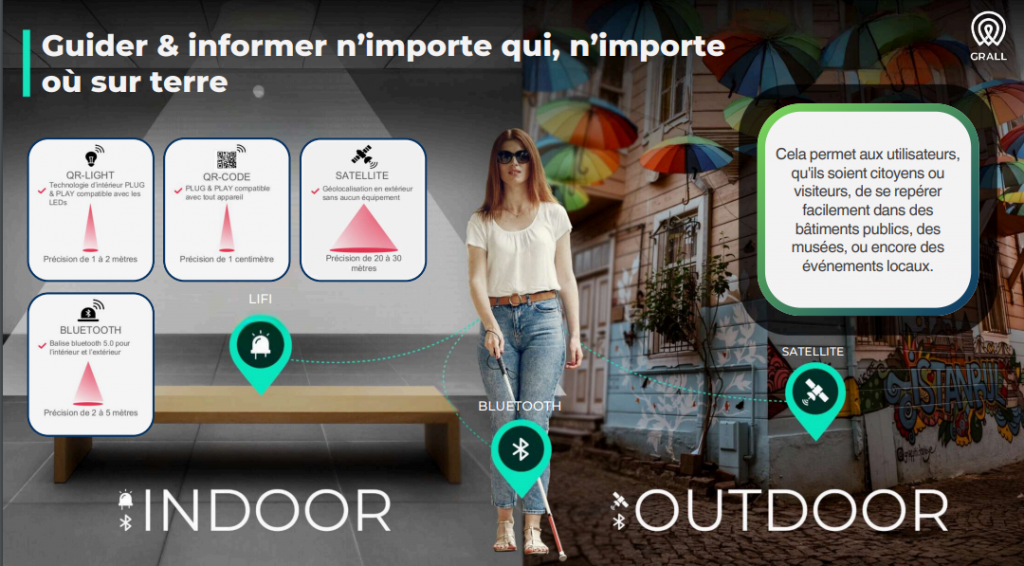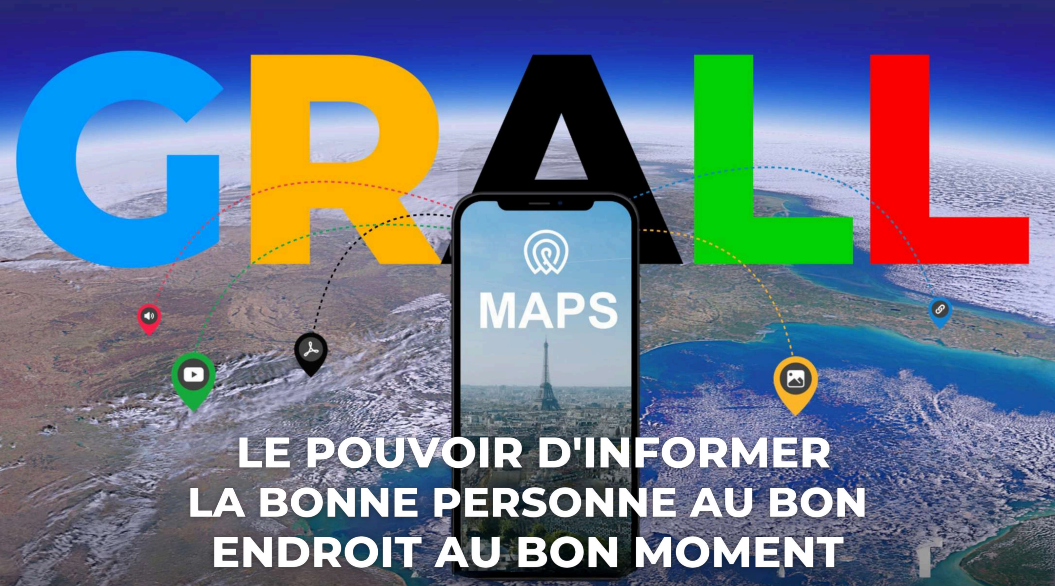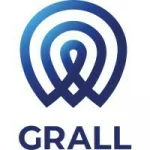
- Category: Space Y News | Tags: Accessibility, GNSS
- 2024-10-30
Despite the efforts made by the EU to improve accessibility for people with disabilities, barriers remain. In particular, access to digital and geolocated information, which has become vital for carrying out many of our everyday activities, is still limited for people with some disabilities.
To address this challenge, the GRALL platform allows for the development of geolocated web and mobile applications that automatically adapt to the needs of people with disabilities, allowing local administrations, cultural institutions and local companies to reach out to everyone.
GLORYTECH is a French start-up in the business of location-based services. Their GRALL application (https://grall.io) provides precise geo-location services (up to the metre) that can be immediately embedded by public and private institutions to communicate with targeted audiences.
One of the innovative aspects of the platform is that it automatically adapts its features (e.g. screen reader, display, vocal directions and sounds) to the user’s disability, granting access to geolocated information both outdoors (thanks to GNSS) and indoors (thanks to LiFi).
An example of how GRALL can be used to improve accessibility at the local level is its deployment in the French Basque Country as of November 2024. GRALL will allow access to residents and visitors to a multitude of information on local services and events (e.g. infrastructure works, mobility services, happenings or local alerts). This launch marks an important step towards the inclusive digitalisation of local communities, facilitating access to public services and strengthening residents’ engagement with their immediate environment.
Challenges addressed by the space-based service
The French General Accessibility Framework for Administrations (RGAA) requires that local authorities collect and make available data on mobility, job offers, and accessibility of facilities receiving the public, among others. The law also requires companies with annual revenues exceeding €250 million to meet accessibility standards for websites, mobile apps, and online services. However, access to digital information remains difficult for people with certain disabilities or speaking foreign languages.
Benefits of the space-based service
Versatility: GRALL is a versatile platform with a web and a mobile version. Via a single API, the platform allows public and private organisations to integrate their geolocated information and to design and deploy apps for city services, tourism, mobility and emergency preparedness.
As an example, in French Polynesia, Glorytech partnered with local authorities to develop a geolocated app providing all sorts of local information. Depending on where they are, the mobile app provides users with information on historical sites, fairs, flea markets, etc., also giving access to videos, images, audios, and explanatory texts.
Accessibility: The platform includes features such as voice reading, multilingual translation (in 70 languages), and adapted fonts and colors. GRALL automatically adapts to the specific disability of the user and it works everywhere on Earth, both outdoors (thanks to GNSS signals) and indoors (by using LiFi).
Reliability: GRALL is the first application meeting the requirements of the General Accessibility Framework for Administrations (RGAA), the French framework aimed at ensuring that digital information and applications are accessible to everyone, including those with disabilities.
Timetable of implementation
The deployment of GRALL is aligned with the EU’s Disability Rights Strategy (2021-2030). The service has been already tested and adopted in different French regions, and its deployment is expected to continue in the Basque Country and in other regions in France, New Caledonia, and French Polynesia.
Intended users
- Local administrations
- Business associations
- Museums
- Transport operators
- General public
To sum up
GRALL represents a significant step forward in the EU’s mission to improve accessibility and inclusivity. By using space-based services, the EU can ensure that people with disabilities have the tools they need to navigate and participate fully in society, thereby promoting equality and autonomy for all citizens.


